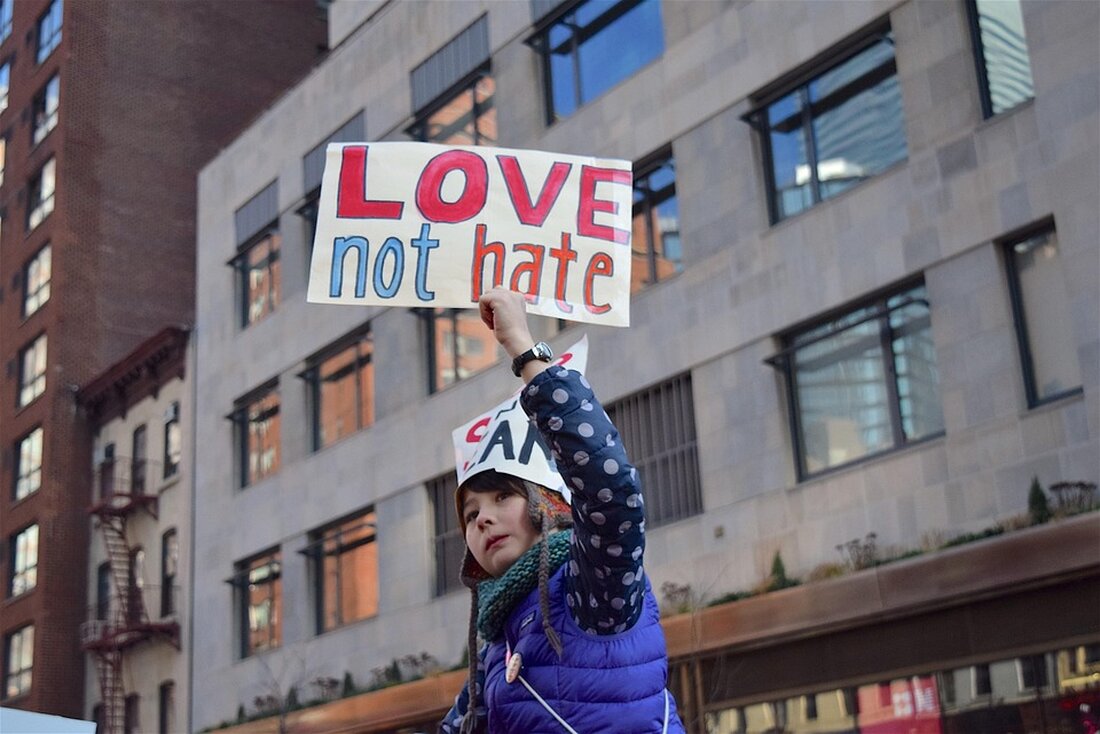Protests in Kenya: Government criminalizes dissenting voices
In Kenya, protesters face terror charges while critics accuse the government of criminalizing freedom of expression. Activist Boniface Mwangi remains optimistic despite charges.

Protests in Kenya: Government criminalizes dissenting voices
Nairobi, Kenya – The prominent human rights activist Boniface Mwangi was released on bail after being charged with unlawful possession of ammunition. Critics accuse the authorities of increasing efforts to suppress difference in the East African country.
Arrest and accusations
Kenya's Directorate of Criminal Investigations (DCI) announced on social media on Sunday that Mwangi was arrested over the weekend "in connection with supporting terrorist activities" during the June 25 protests, sparking immediate outrage among activists.
When the 42-year-old award-winning photographer appeared in court on Monday, the terrorism charges were downgraded to two counts of "possession of ammunition without a valid firearms license" because tear gas grenades and blank cartridges were allegedly found in his office.
His arrest came at a time when activists say more than 100 protesters were charged with terror-related offenses, arson and money laundering last month after protests erupted amid widespread discontent with President William Ruto's government, particularly among youth.
The fight for human rights
“I am known as a defender of human rights, not a terrorist,” Mwangi said on Monday evening after his release. "I am determined and have no fear. The only thing that could stop me is a bullet in my head, but as long as I live I will continue to fight for regime change. The government we have is not working for the people."
Mwangi, who has been harshly critical of successive Kenyan governments and describes himself as a "people's guardian," said he was arrested at home by plainclothes police on Saturday and taken to his office in the capital Nairobi. He claimed that the police searched his office, confiscated equipment and found two unused tear gas grenades and a blank cartridge.
On social media showed a recording of Mwangi chanting “Ruto must go!” shouts as he is led away from his office. A judge dismissed the allegations and Mwangi was released on personal bail. A court date has been set for August 21st.
Armed attacks and protests
Protests in Kenya erupted in June following several alleged incidents of police violence, including the death of a teacher in police custody. During the protests, there were reports on social media that pro-government politicians had hired people to attack peaceful demonstrators and damage property in an attempt to discredit the protests.
The Kenya Bar Association, which advises and supports the legal profession, the government and the public, said in a strong statement that the protests had been "infiltrated by armed, hired thugs." “We strongly condemn this malicious, deliberate resurgence of radicalized militias sponsored by the political class,” it added.
Just during the recent protests, CNN saw groups of men with clubs marching side by side with police and beating civilians in Nairobi as uniformed officers looked on. Elsewhere in the country, shops were set on fire and a police station attacked.
Political trends and repression
Kenyan President Ruto accused some politicians of inciting youth to riot and warned of consequences: "Police are trained to deal with criminals, not parenting training. If you hand your children over to the police, what do you expect?"
The right to protest is protected under Kenya's constitution, but authorities have described recent demonstrations as chaotic looting. Kenyan prosecutors charged several young people with arson and terrorism, while judges set high bail conditions even though many maintained their innocence.
Human rights groups have condemned the use of terrorism charges. “We are deeply concerned about the continued abuse of the anti-terrorism law to control public order,” said a statement from the Police Reforms Working Group, a coalition of civil society organizations that monitor the police. “This practice undermines Kenya’s criminal justice system and jeopardizes important international partnerships aimed at protecting national security.”
The Kenya section of the International Commission of Jurists on Sunday expressed concern over the growing pattern of arbitrary arrests and trumped-up charges targeting innocent youths. “What began as a targeting of young protesters demanding accountability has escalated into a full-scale attack on Kenya’s democracy,” the human rights group said.
Serious police violence and its consequences
The government denies any wrongdoing. The Office of the Director of Public Prosecutions defended the use of terrorism charges, saying the protests were "targeted and coordinated acts of violence." The office remains “committed to implementing its constitutional mandate in accordance with regulations, in the public interest and to uphold justice,” it added on Monday.
Activists like Mwangi and legal experts say the Kenyan government is criminalizing dissent, using charges such as terrorism, arson and money laundering to incite fear among protesters. Over the past 12 months, CNN has repeatedly filmed security forces violently breaking up protests and shooting at unarmed demonstrators.
At least 38 people were killed and 130 injured in a protest earlier this month, according to the Kenya National Commission for Human Rights. President Ruto previously urged police officers to shoot “looters and arsonists” in the legs if they posed a threat instead of killing them.
His Interior Minister Kipchumba Murkomen went a step further and issued an order for officers to shoot at protesters who approached police stations. Although the former law professor tried to tone down the remarks after public outcry, he did not rescind the order.
On Monday, Murkomen questioned the critical voices on the terror allegations, asking: "If you raid a police station, burn it down and steal weapons... if you burn courts and destroy people's businesses, what is the crime if it is not terrorism?"
Mwangi told CNN that Ruto and his government are trying to use the DCI to criminalize dissent, which is allowed under the constitution - "but they will fail". He added: "They want to stop the youth from protesting because it will be difficult to get work or even a visa. And if the youth are not afraid, then they want to unsettle the parents."

 Suche
Suche
 Mein Konto
Mein Konto
